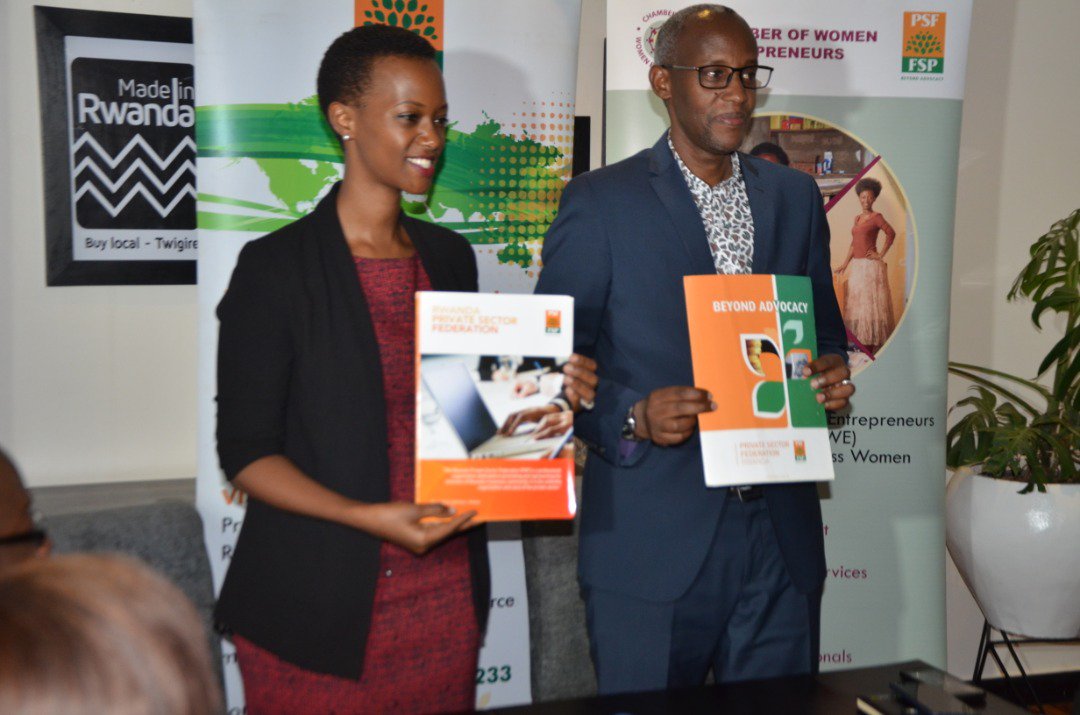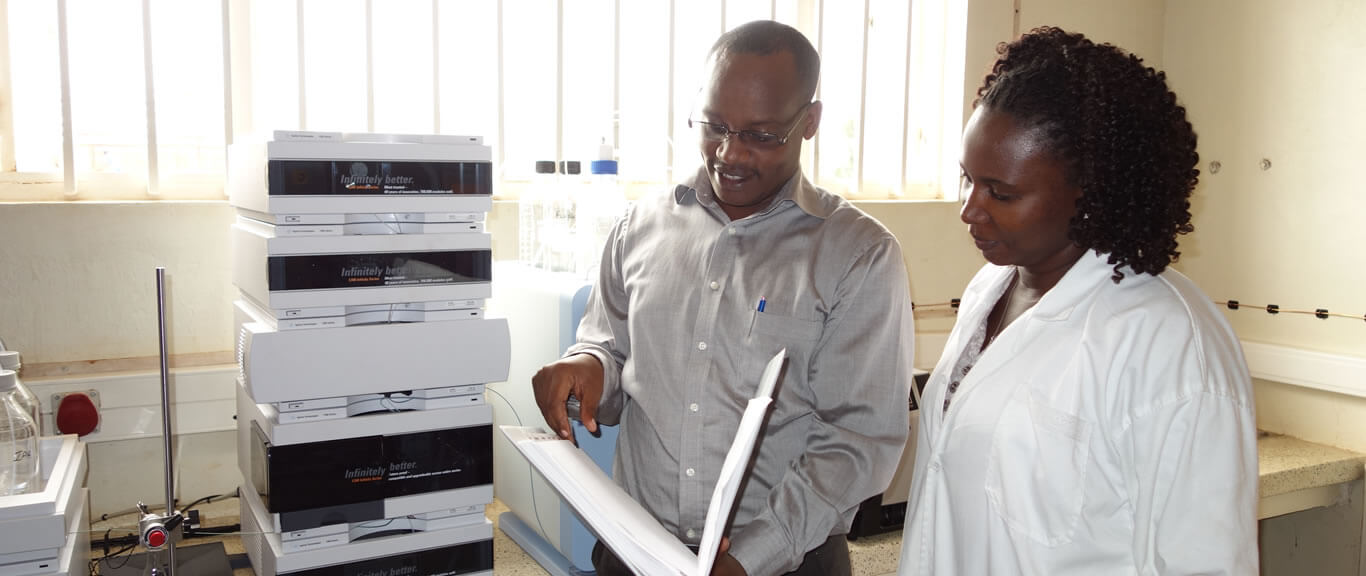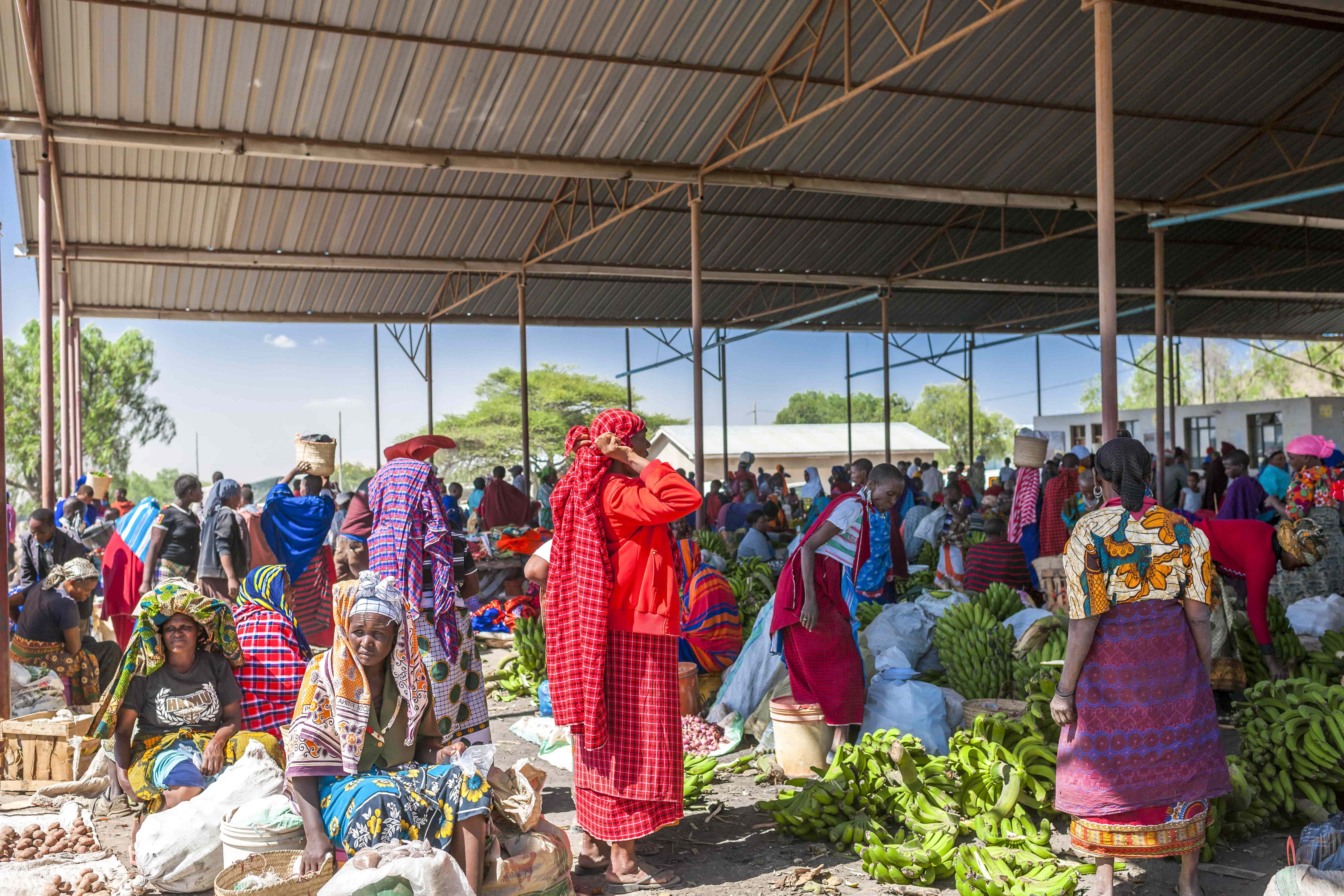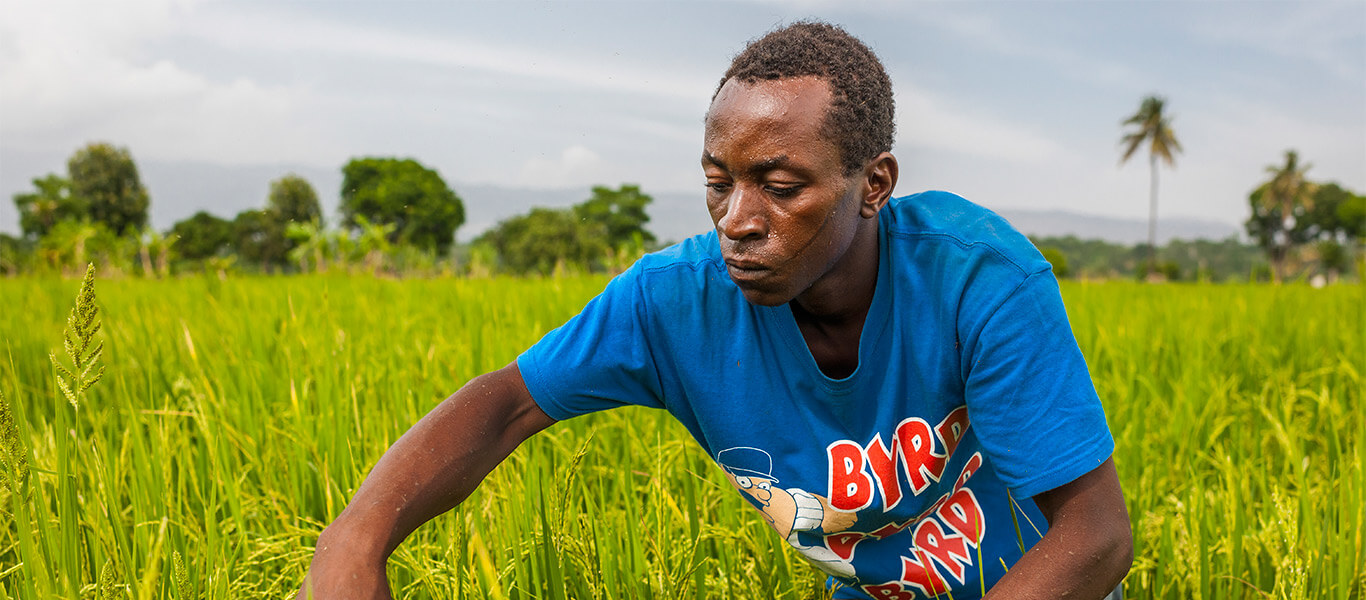[vc_row][vc_column][custom_inner_menus select_menu="project"][/vc_column][/vc_row][vc_row][vc_column][single_project_block_1 heading="Support to EACSOF" implementor="East Africa Civil Society Organisations Forum" target_group="National platform of CSOs/East African Civil Society Organisations Forum (EACSOF) Rwanda chapter and affiliate member groups" project_value="US$ 293,000" implementation_period="2012 - 2016" download_btn_text="Download Project PDF" download_btn_link="#url"]The East African Civil Society Organizations’ Forum (EACSOF) is a regional organization striving to represent a wide ranging diversity of CSOs in the East African Community integration process. Being a young organization, EACSOF has to keep pace with the speed of the integration process by providing timely services to its key stakeholders and also grow itself as a formally recognized institution at the EAC. In order to fulfil its mandate, EACSOF Rwanda seeks to implement programmes that strengthen civil society participation in the EAC integration process. What: Strengthen the capacity of the National Platform for Civil Society to represent civil society interests on regional integration. How: TMA is providing financial and technical assistance to EACSOF Rwanda for the Strengthening of the National Platform for Civil Society’s capacity. Contact: Anataria Karimba, Email: [email protected] Click here to learn more about One Stop Border Posts Program[/single_project_block_1][/vc_column][/vc_row][vc_row el_id="desired-result"][vc_column][single_project_block_2 heading="Desired Results" image_1="42898" image_2="42818"]Rwanda Civil Society platforms’ capacity strengthened to effectively engage in EAC issues and to influence regional integration policies and practices. This will lead to PSO/CSO organisations positively influencing regional integration policies and practices for growth in trade.[/single_project_block_2][/vc_column][/vc_row][vc_row el_id="project-insight"][vc_column][project_single_ele_3_container heading="More Project Insights." sub_heading="Projects Highlights From A Glance" slide_1="info access for 20 crops & over five breeds of livestock" slide_2="info access for 20 crops & over five breeds of livestock"...
Support to EACSOF
Posted on: September 12, 2014
Posted on: September 12, 2014
























